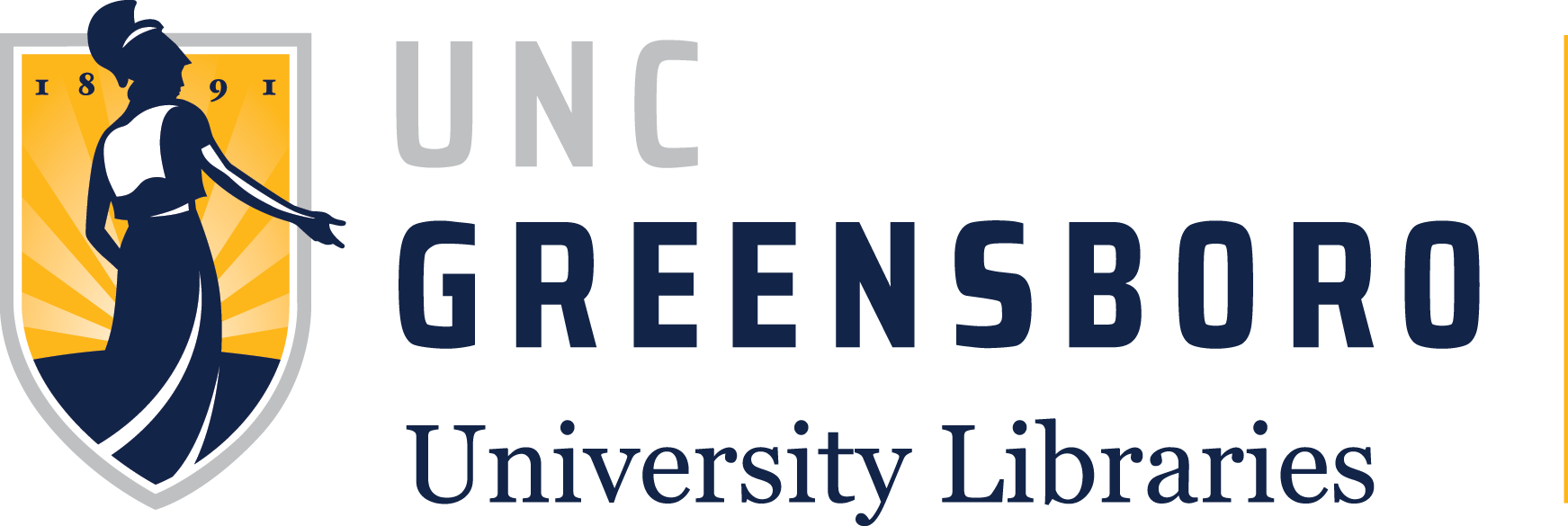George P. Hawtrey Papers
Scope and Contents
The George P. Hawtrey Papers date from circa 1908 to 1909 and contains a letter written to the "Chairman and Gentlemen" of the Gloucestershire Historical Pageant committee and a forty-four page treatise on how to stage a Pageant.
The letter is dated June 10th 1908 and is written on Pageant stationery, which is in itself of interest because it includes a list of all the staff involved in the pageant production. Topics touched discussed include at least one point on which Hawtrey and Louis Parker disagreed: Hawtrey thought the practice of requiring actors to purchase their own costumes was causing low attendance at rehearsals, and threatening the success of the entire pageant. The rehearsal attendance figures he provides are illustrative of the scale of these pageants, although he refers only to the performers who form the crowds, "the backbone of the Pageant." In the eight episodes presented, 1,676 people are on the books as having attended rehearsal, and 671 "have not attended a single rehearsal." Hawtrey says he has been "repeatedly told at rehearsal by those present that their friends are staying away because they will not pay for their dresses," and he holds "most strongly that the performers are not the people out of whom we ought to make money. We are conferring no benefit on the town by taking the shillings of working girls, and sending the money away to London, whence not a penny will ever return."
Another point addressed by Hawtrey in his letter is the necessity of having enough horses, and of rehearsing them regularly. He has been warned by two of the military men in charge of the horses and riders "that it is absolutely necessary for the horses to be rehearsed regularly. In their opinion the horses require rehearsal more than the riders. This will involve a certain amount of expense, which I ask the Committee to authorize." Cautioning the Committee that they "are in danger of making an artistic failure," Hawtrey ends the letter by stating "I believe it is possible even now at the eleventh hour to remedy the mischief. But you should realize that it really is the eleventh hour, and that if you mean to save the situation now is the time to do it."
Hawtrey's forty-four page manuscript treatise on how to stage a Pageant contains numerous references to the Gloucestershire Pageant at Cheltenham; therefore the treatise was written after 1908, and possibly before October 1909, when Hawtrey served as pageantmaster of the National Pageant of Wales at Cardiff. He writes: "If your Committee should see fit to appoint me as Master to your Pageant, I should be prepared to undertake the entire management. (I have drawn up these notes with a view of showing you that I understand how a Pageant should be organized.)" The manuscript is divided into sections which address all aspects of historical pageantry, among them:
The Object of a Pageant -- "...a Pageant should be produced for its own sake, and not for the sake of profit."
The Master -- "...the Master must be able to choose his assistants wisely, and he must know enough to make sure that the work is being efficiently done."
The Site -- "The ground must not be overlooked; or if it is, it should be possible without great expense to mask out those places from which a view can be obtained gratis."
Dresses -- "...I do not think that the Pageant should endeavour to make money out of the performers. Those who are able to provide their own costumes and who wish to do so are to be encouraged and thanked. But no performer, either rich or poor, ought to be pressed to pay."
The Performers -- "...it is never very easy to obtain all the men that are required. Mr. Louis Parker, the inventor of Pageants, has succeeded in persuading the inhabitants to close the shops during the afternoons when the performances were taking place."
Prices of Admission -- "All Pageants hitherto have made the most astounding mistake in the matter of prices charged for seats ...In my opinion there should be accomodation [sic] for large numbers at one shilling ... It is instructive to remember what took place at the Olympic Games last summer, where high prices were originally charged in the Stadium, with the result that thousands of seats were empty every day."
Advertising -- "After the Welsh, the most likely fish to angle for are American and Colonial visitors."
Telephones -- "...when matters are fairly advanced the Master directs operations from a small box perched on the top of the Grand Stand. From this point he communicates by telephone with the various positions where the performers are drawn up and gives them the order to make their entrance."
Incidental Profits -- "A great mistake was made at Cheltenham in this matter of refreshments. The contractor ...was allowed to sell refreshments while the performance was going on, and the tramping backwards and forwards of waiters soliciting orders was intolerable."
Dates
- 1908 - 1909
Creator
- From the Collection: Hawtrey, George Procter (Person)
Conditions Governing Access
Collection is open for research.
Extent
From the Collection: 0.20 Linear Feet (1 box)
Language of Materials
English
Repository Details
Part of the Martha Blakeney Hodges Special Collections and University Archives Repository
